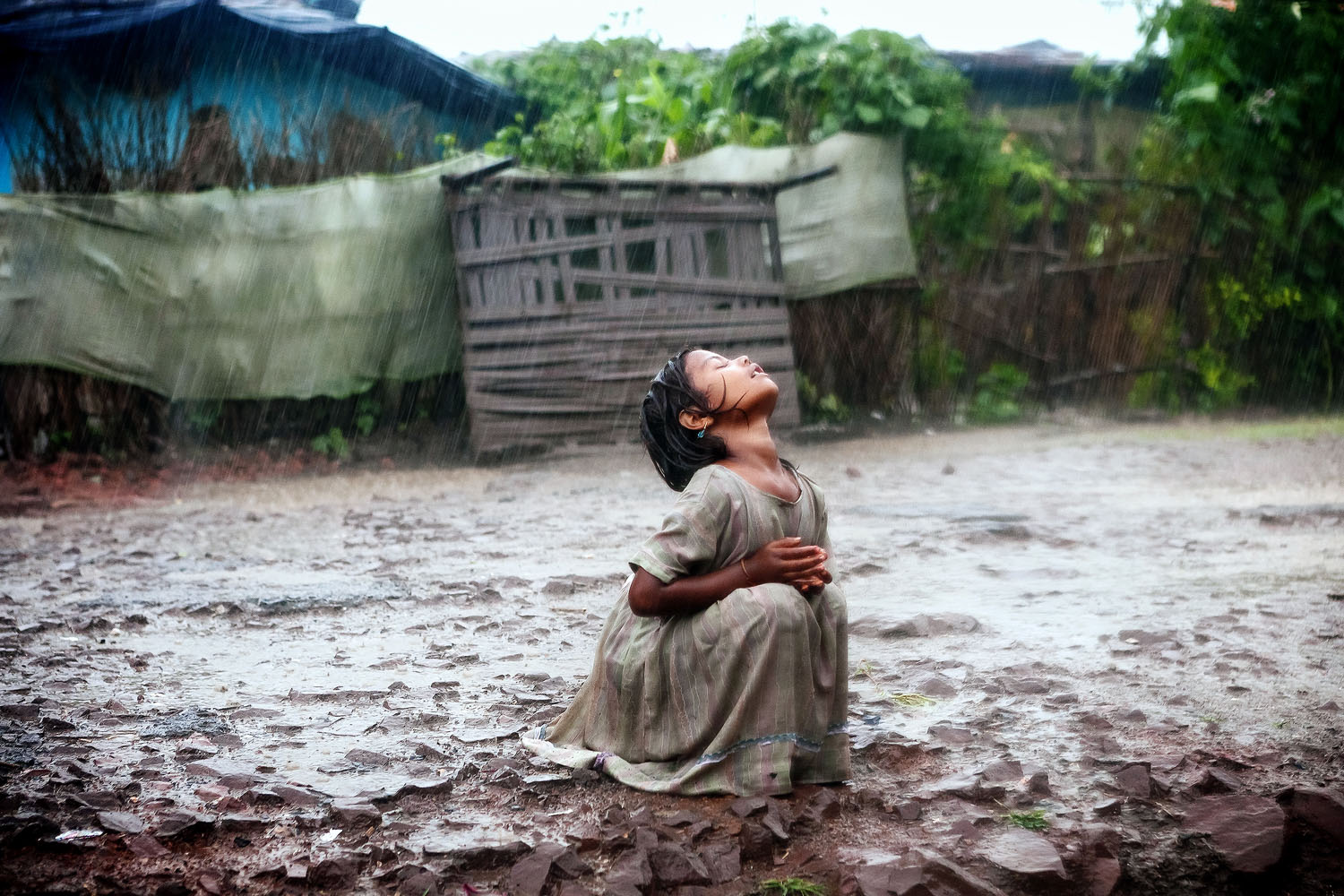
When photojournalist J.B. Reed returned from a 2004 Fulbright-scholarship-funded trip to Kenya, where he had been working on a documentary piece about a Nairobi slum, he felt like he wasn’t finished with his project. The people he had met were still on his mind, he says, and he wanted to do something in exchange for the access and time they had given him. So he organized a gallery show in Boston, sold his prints and sent the money to a nonprofit organization working in the Nairobi neighborhood in question.
“I think a lot of photographers feel this,” he explains, “but it was just out of that general sense of obligation.”
Reed noticed that, while his fellow photographers often spoke of that urge to give back, they lacked a platform to do so in an organized and sustained fashion. In 2008, he and some art- and business-minded friends founded Nuru Project—“Nuru” meaning “light” in Swahili—to fill that void. The business now has relationships with well-known photojournalists, including TIME contract photographer Yuri Kozyrev, and the group is looking to grow with an upcoming Kickstarter drive aimed at funding a marketing campaign. Reed says that response to the project has been positive, but he’s aware of the deeper questions of journalistic integrity that are raised by his brainchild.
“Most photojournalists get into journalism because they think there are stories that are important to tell and they want to make a difference,” Reed says. Nuru helps them do so, but it also re-introduces the frequently discussed matter of whether the journalist’s job is to make that difference or to record things as they are.
Nuru Project has so far raised $150,000 for its nonprofit partners, often organizations that work directly with the communities that appear in the photographs it sells. Originally conceived as a group that would organize exhibitions, Nuru transitioned to an e-commerce model in October 2011. Reed now manages the business full-time, seeing it as an extension of the social entrepreneurship he used to practice as a photographer, he says. Nuru sells prints in low-cost, numbered but unlimited editions; half the money goes to an affiliated nonprofit organization that can be selected by the buyer at checkout and the other half is divided evenly between the photographer and Nuru Project.
“I really like creating something that is dedicated to putting photojournalism to some sort of social purpose beyond telling the news, and I think that’s a controversial idea within photojournalism,” Reed says. “On our Facebook page, when we post relevant stories, we’ll get comments that say this is not what journalism is supposed to be about—and then we usually get a lot more comments that are very sympathetic to what we’re doing.”
Nuru Project is not the first group to link photojournalism and social advocacy. Cornell Capa, founding director of the International Center of Photography, introduced the idea of the “concerned photographer” in the mid-20th century and maintained that cameras could catalyze necessary change rather than just preserving an image of the situation that needed it. More recently, VII Photo has sold prints to benefit Doctors Without Borders. And Reed says that he’s noticed a general trend toward socially aware photography.
“There’s this idea that photojournalists should be objective and not have opinions,” he says. “I think the reality is that’s nonsense and we’re all very subjective beings and that photojournalists bring that to their work.”
But several of the points made by the National Press Photographers Association (NPPA) code of ethics seem to imply that such subjectivity ought to stay out of that work. The code asks that photographers, while maintaining respect for their subjects, “avoid political, civic and business involvements or other employment that compromise or give the appearance of compromising one’s own journalistic independence.”
John Long, who is the Ethics Chair of the NPPA, says that this directive does not mean photographers must not be involved in social action—merely that they must be very careful. He recounts a story from his own career at the Hartford Courant, when an editor asked him to resign from the board of a homeless shelter or refrain from shooting stories about homelessness: in that case, the simultaneous action in both spheres would have been a conflict of interest. “You can have beliefs and you can have a great dedication to your organization that you’re trying to promote on that score,” Long says, “but when it comes time to deal with your journalism you have to remember that the master you’re serving at this point is not the organization but accuracy.”
The philosophy of the concerned photographer is very consistent with NPPA ethics, he adds: as long as the photography happens from a journalistic standpoint, and then the social action happens separately, then the photojournalist is doing his job. And the impulse that drove Reed to found Nuru is, Long says, one that is necessary for good photography to be possible.
“You can’t bring your advocacy to your work but you can bring your humanity,” says Long. “If you don’t bring a passion for people and a concern for the welfare of people and society, if you don’t bring a love of mankind to your work, your work is going to be very hollow to begin with.”
Nuru makes a convenient middle-man, allowing photojournalists to participate in social advocacy without actively giving to the causes involved, especially as the photographs currently for sale were not taken with Nuru in mind. But if Nuru evolves from one-off deals with photographers to extended relationships—as J.B. Reed hopes it will—the organization will butt up against the question of whether journalistic objectivity is in fact possible or desirable in the first place.
LightBox welcomes your thoughts on the matter in our comments section below.
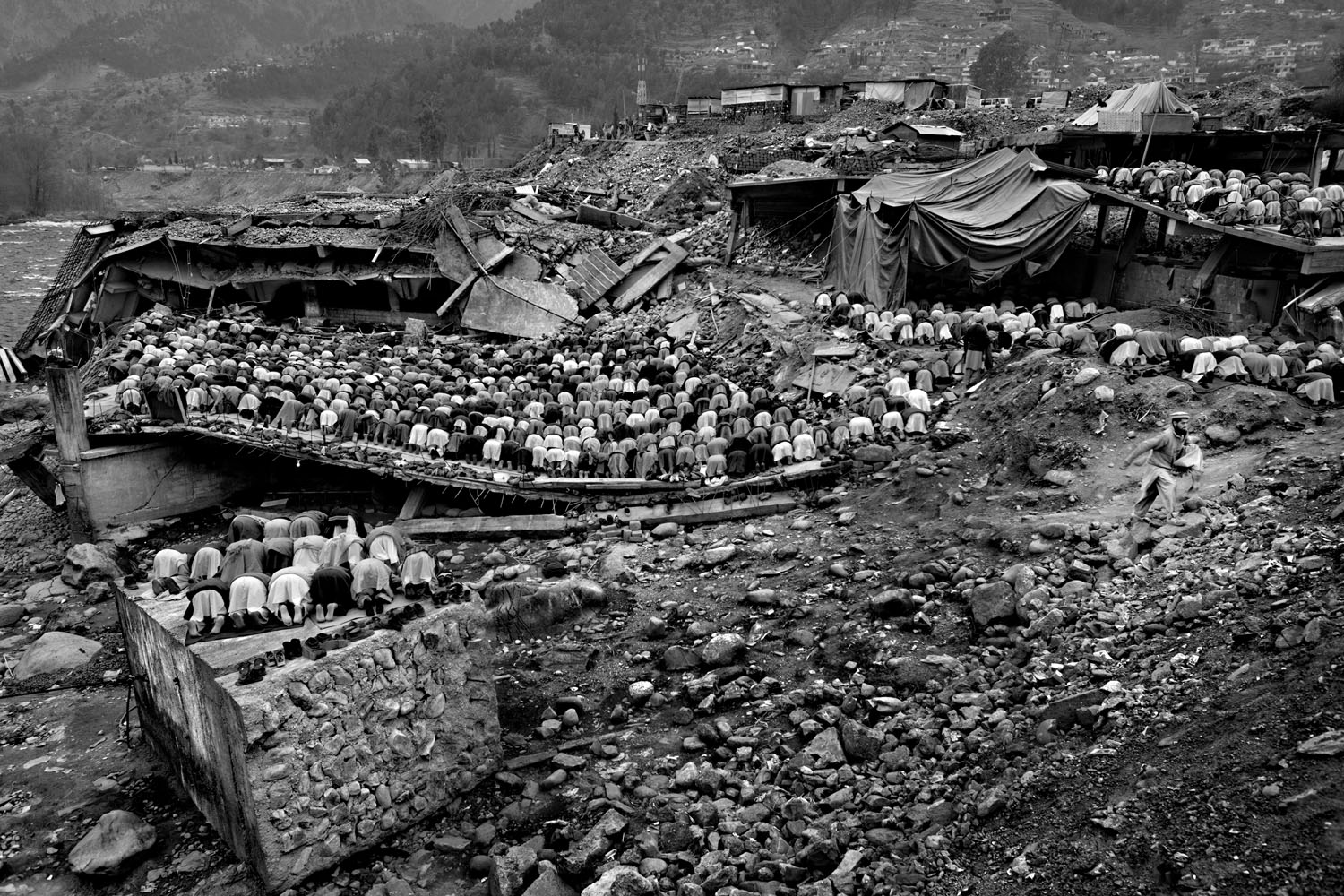
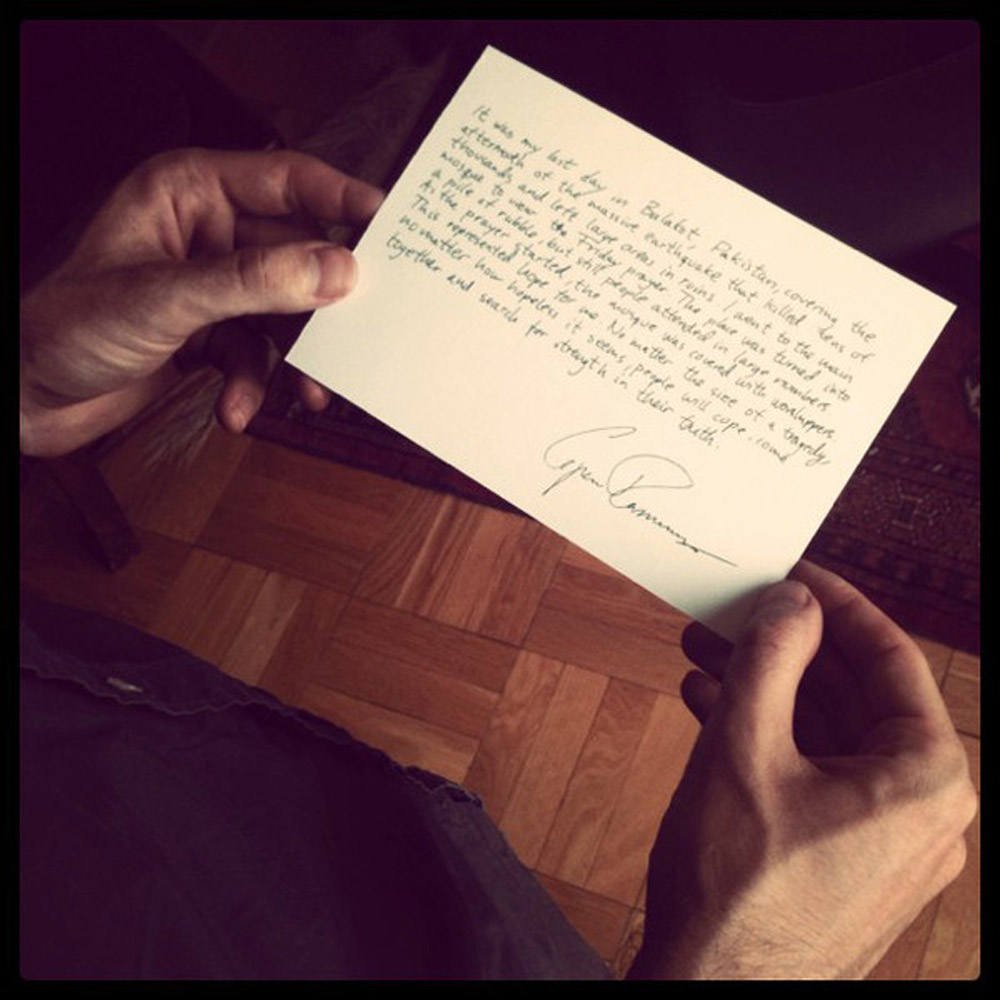
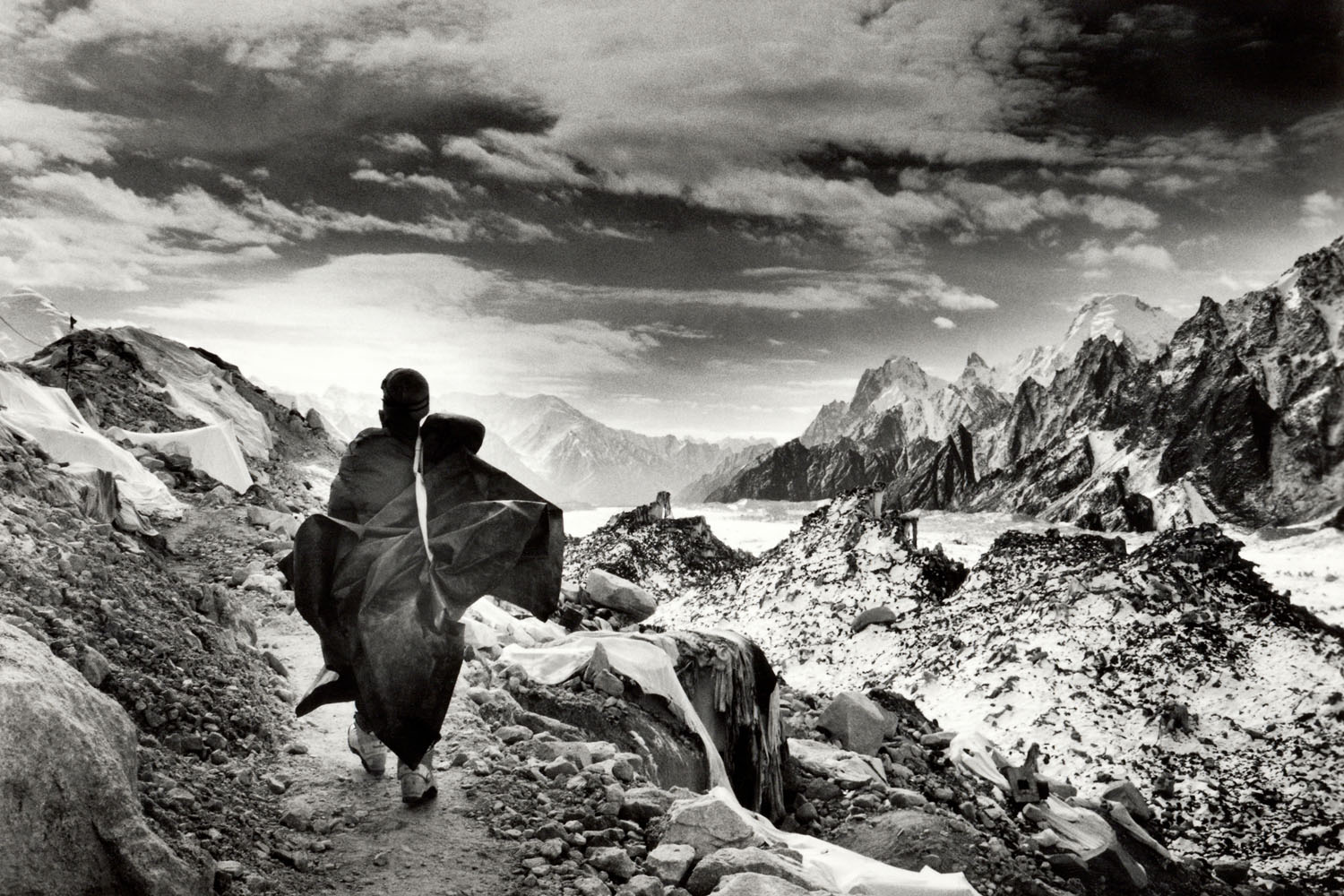
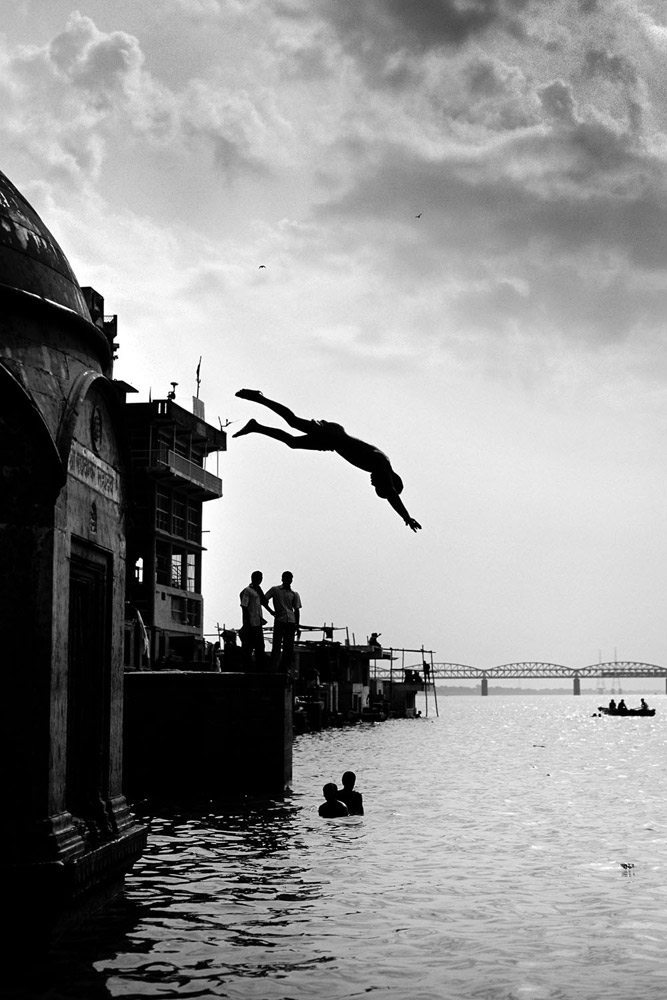
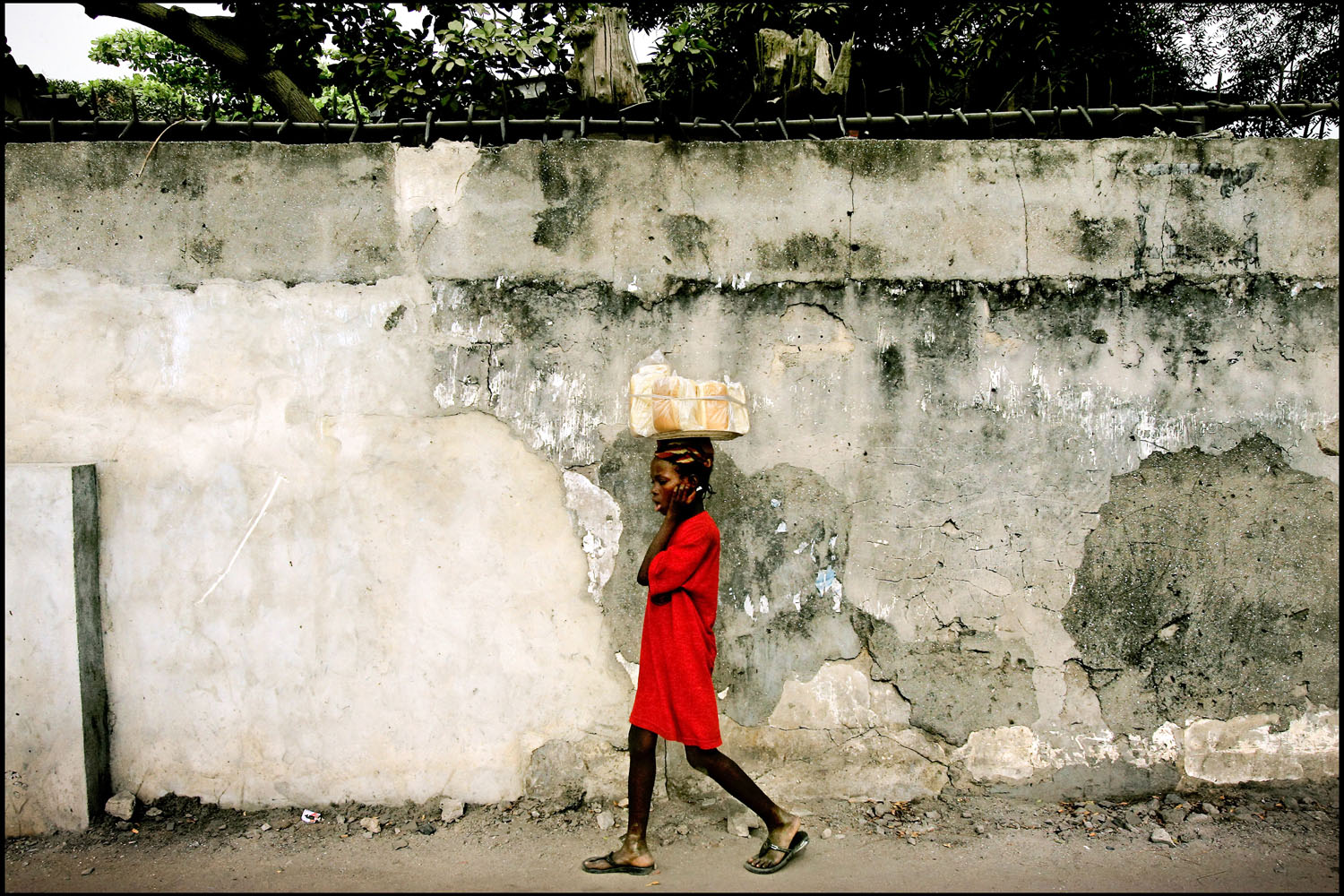
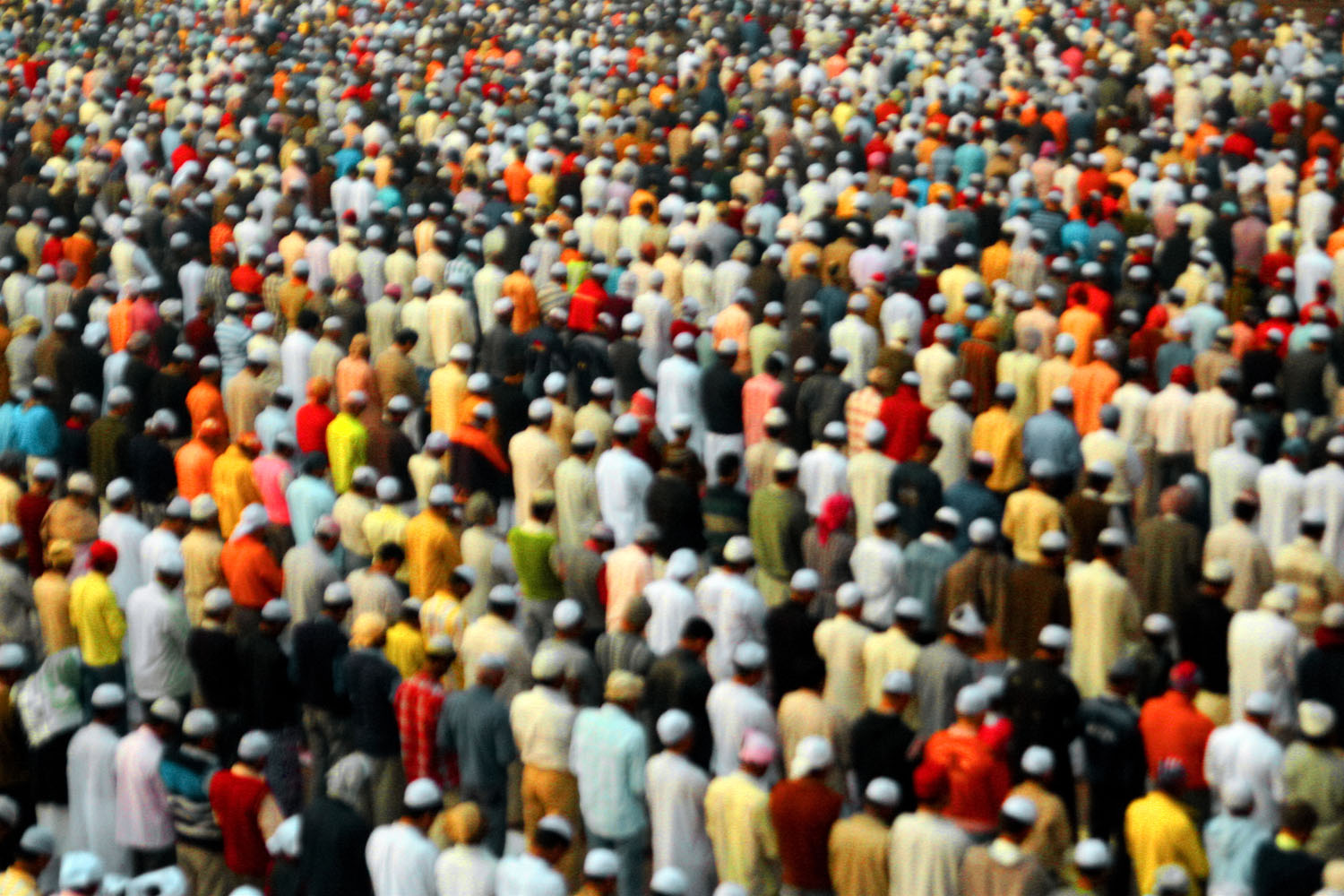
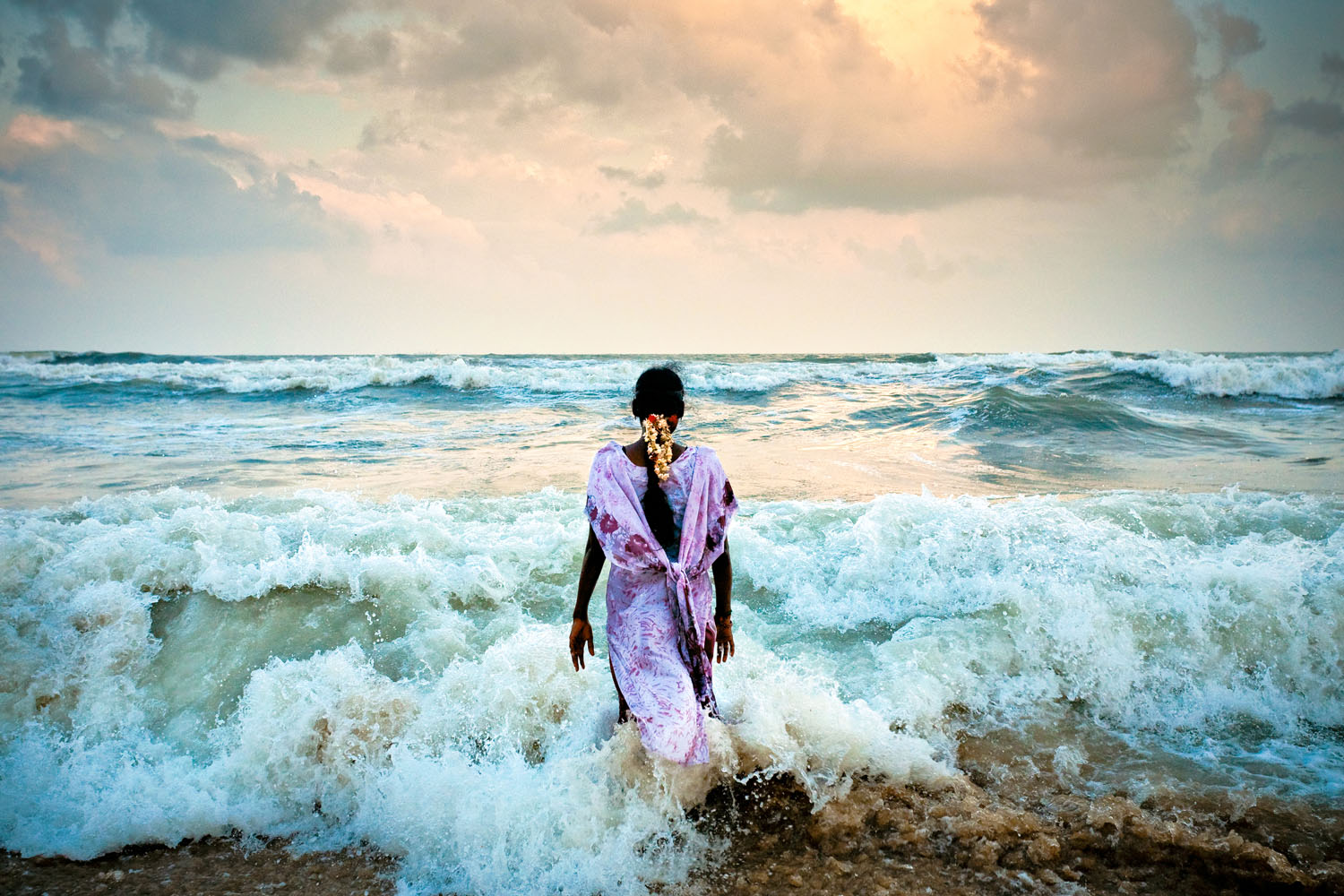
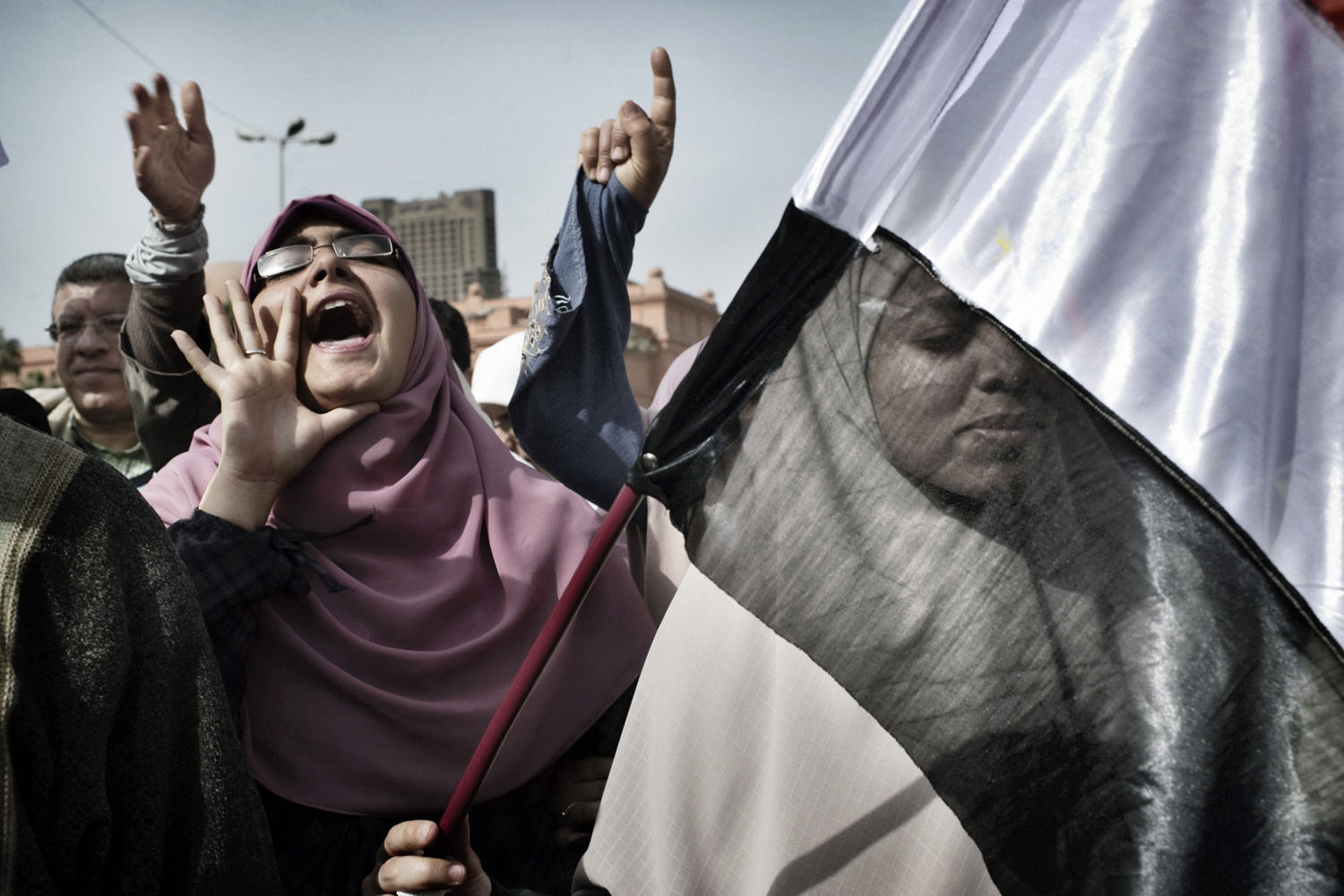
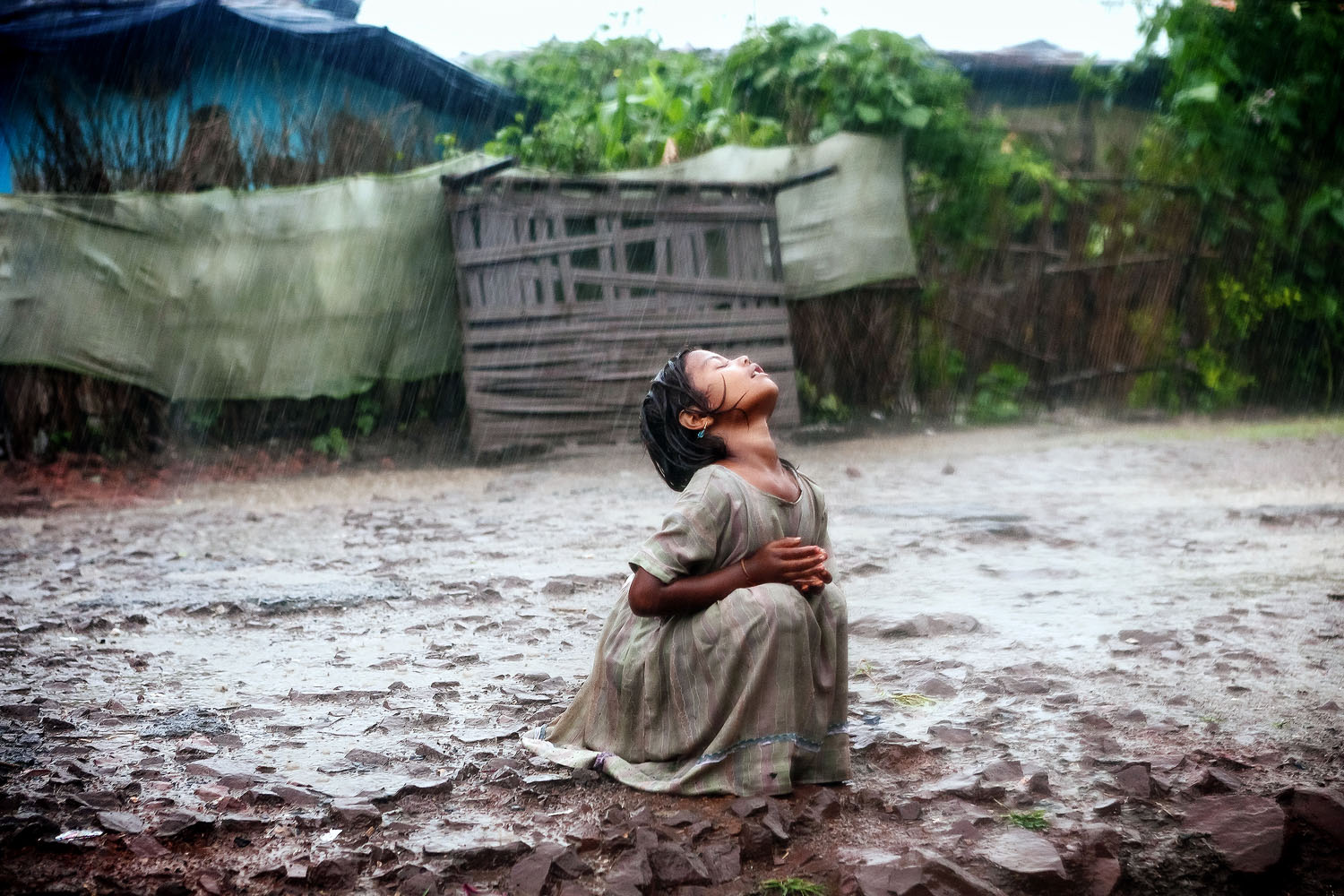
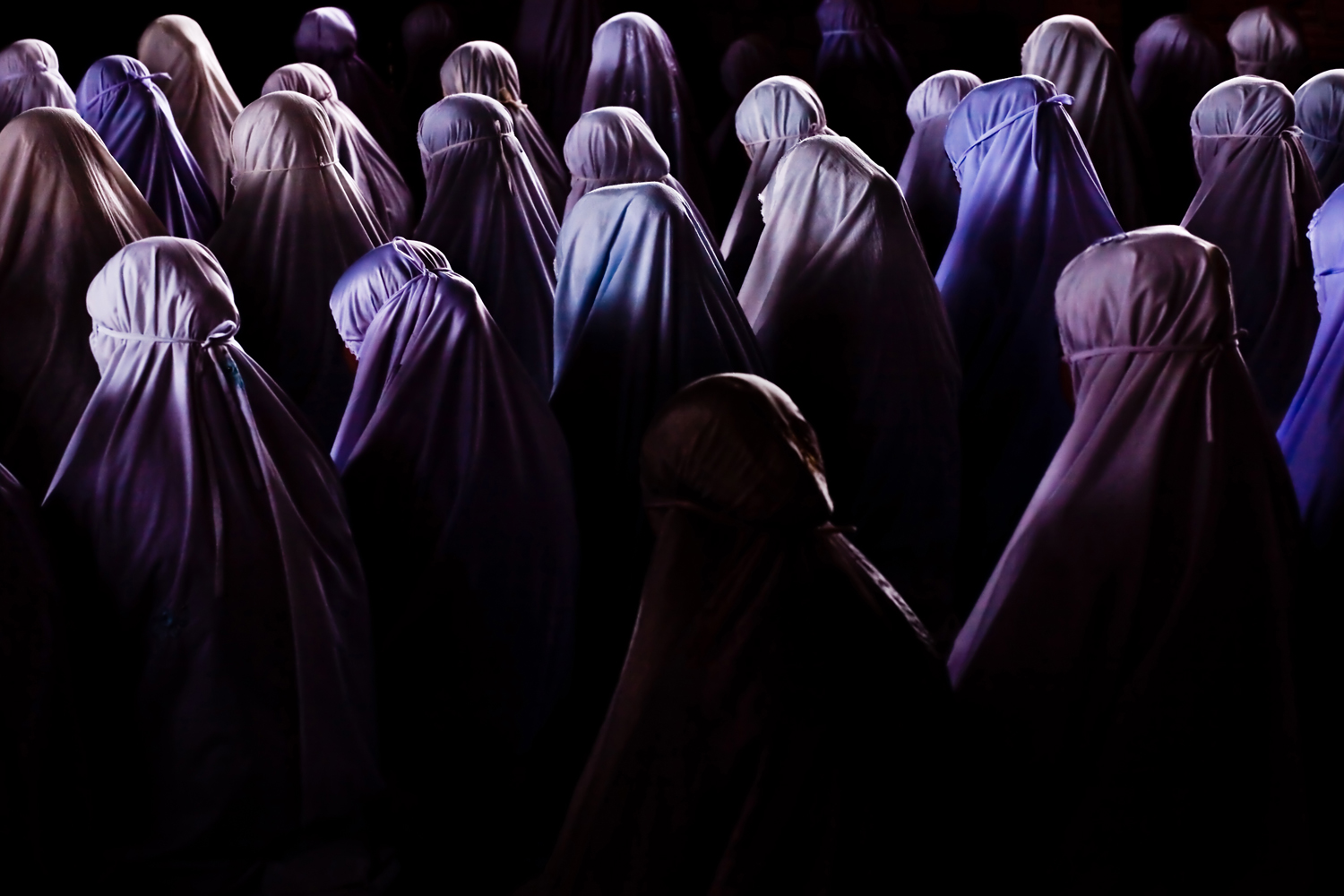
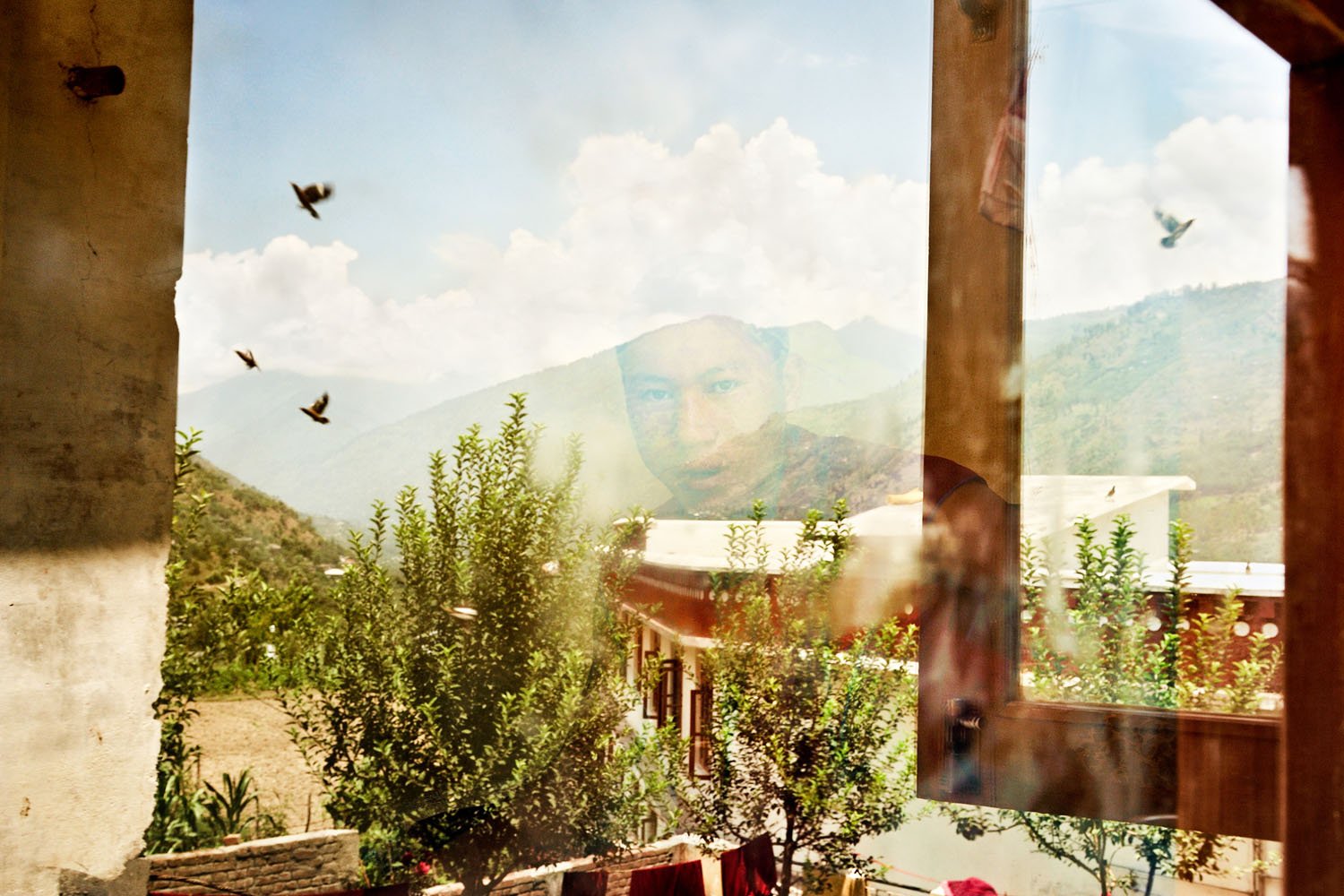
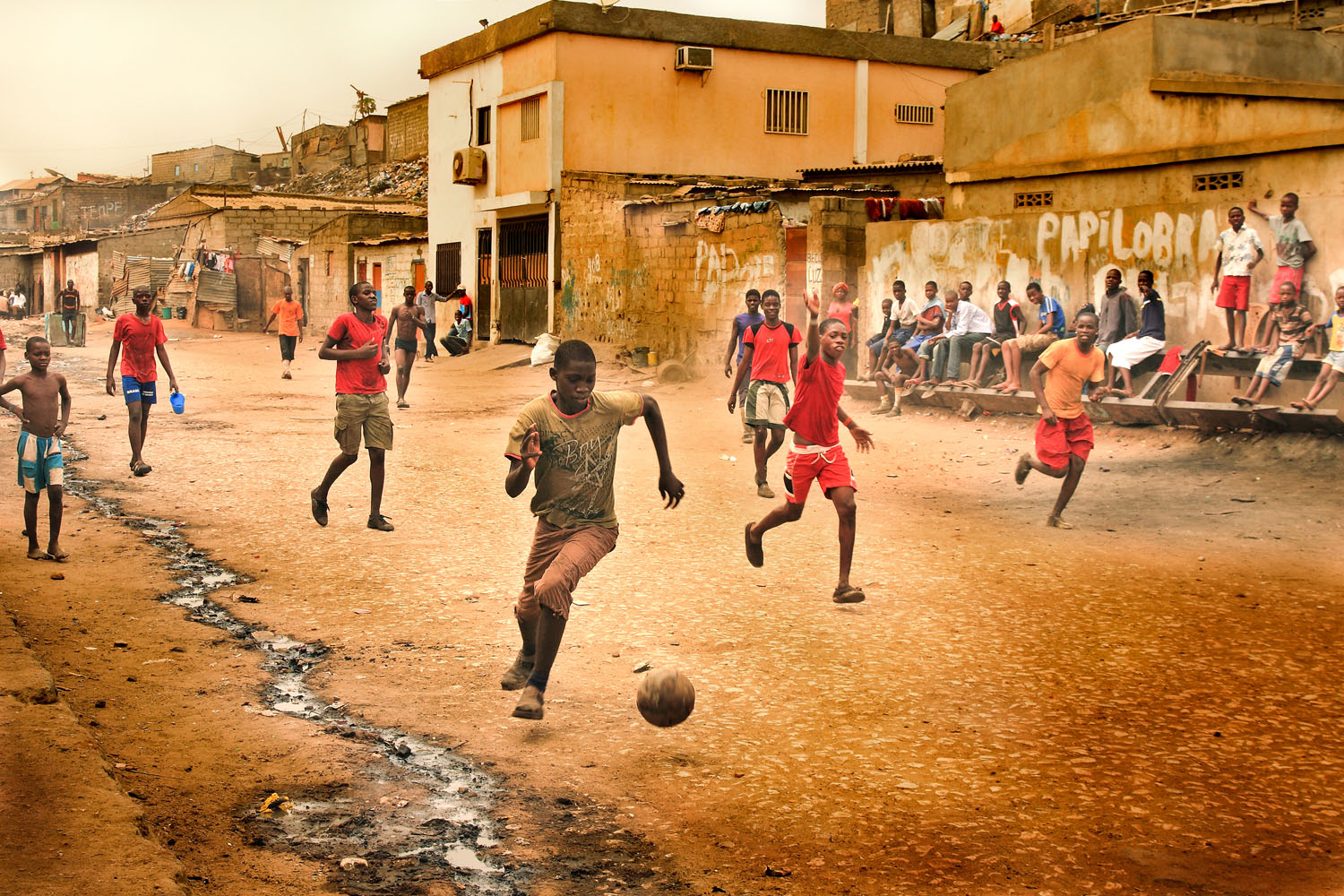
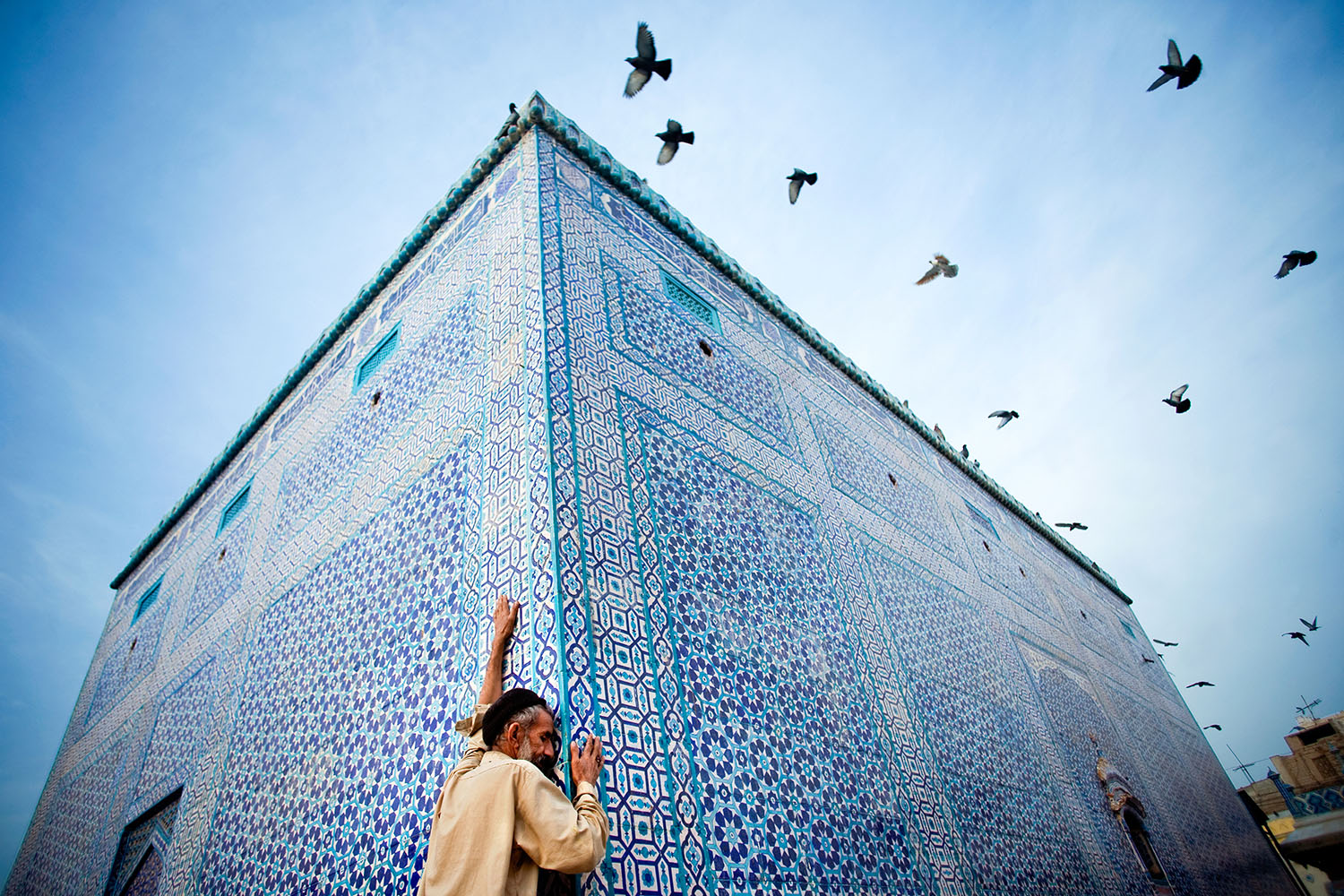
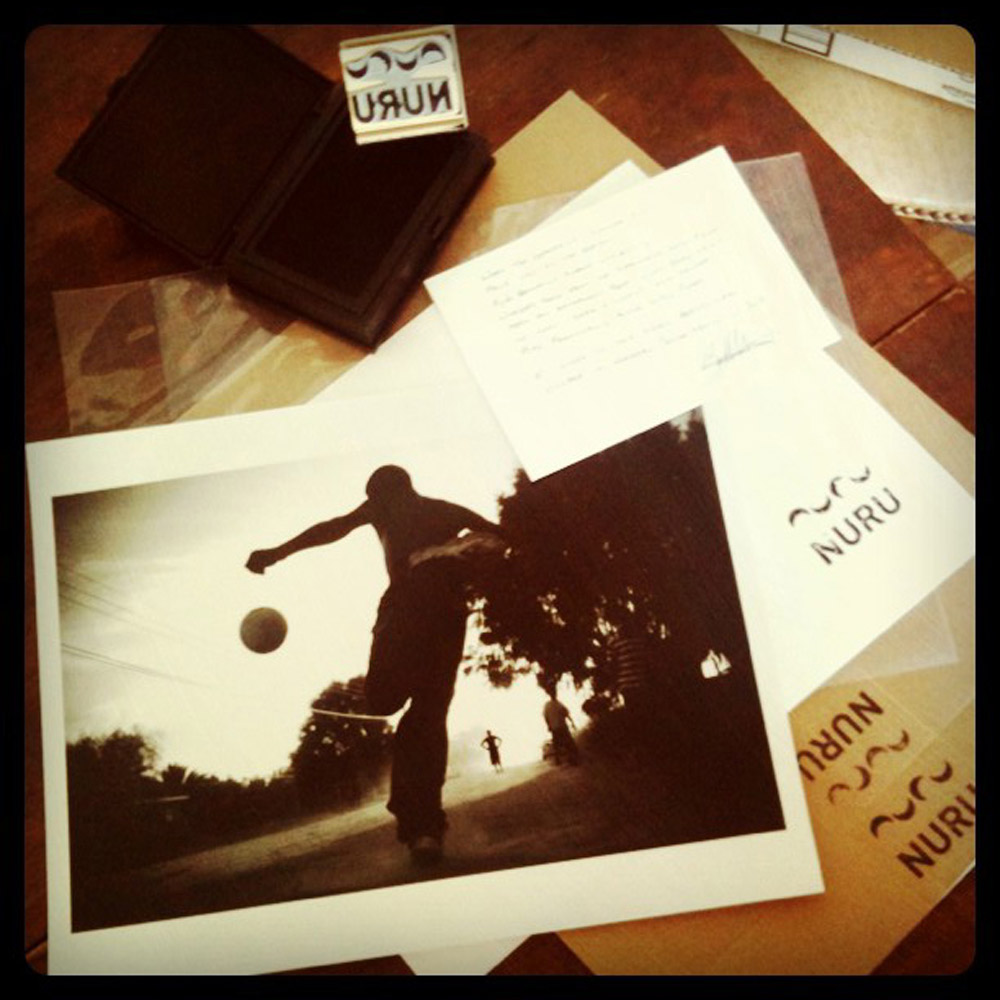
More Must-Reads from TIME
- Cybersecurity Experts Are Sounding the Alarm on DOGE
- Meet the 2025 Women of the Year
- The Harsh Truth About Disability Inclusion
- Why Do More Young Adults Have Cancer?
- Colman Domingo Leads With Radical Love
- How to Get Better at Doing Things Alone
- Michelle Zauner Stares Down the Darkness
Write to Lily Rothman at lily.rothman@time.com